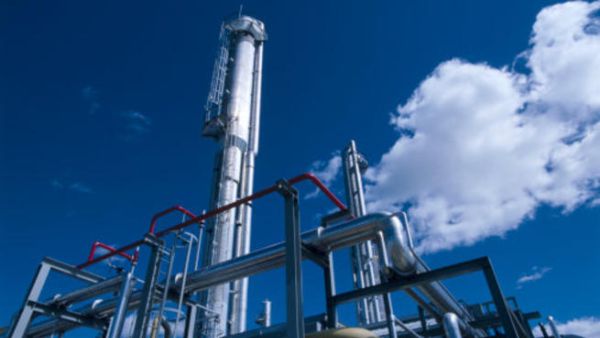The decision to delay the gas-licensing round for another six months has raised concern in international financial circles that Lebanon will most likely miss a golden chance to tap potential gas wealth in the sea in the near future.
The London-based Economist Intelligence Unit said that the delays in the issuance of gas licenses reflected the government’s failure to ratify two decrees that would outline the terms of exploration and production agreements and that would specify the number of blocks to be auctioned.
It noted that the ministerial committee in charge of reviewing the draft decrees was not meeting on a regular basis and was struggling to find any kind of consensus.
The EIU cautioned that extended delays would erode confidence in the government’s ability to maintain international oil companies’ interest in the hydrocarbons offering. It said Lebanon would not be able to dictate strong commercial terms to international oil companies if the process is further delayed.
It pointed out that major international oil companies had little clarity on contractual terms for exploring and developing the country’s offshore reserves, as well as on the number of blocks that would be auctioned.
It said that the authorities’ initial plan was to auction the 10 blocks together, but it noted that now there was an ongoing debate among the country’s political class as to whether to auction the 10 blocks at once or to offer them gradually. The size of the blocks ranges from 1,259 square kilometers to 2,374 square kilometers.
The EIU pointed out that Lebanon was lagging behind other neighboring countries in the Levant Basin in this process, and Israel was already reaching the phase of monetizing its gas reserves.
It added that Lebanon could have started the drilling work by late next year if the government had approved the decrees and if authorities had completed the auction by mid-August of this year.
The EIU warned that successive delays meant the economy would not benefit from hydrocarbon proceeds any time soon, especially since there was no certainty that the country was sitting on commercially viable oil and gas deposits.








